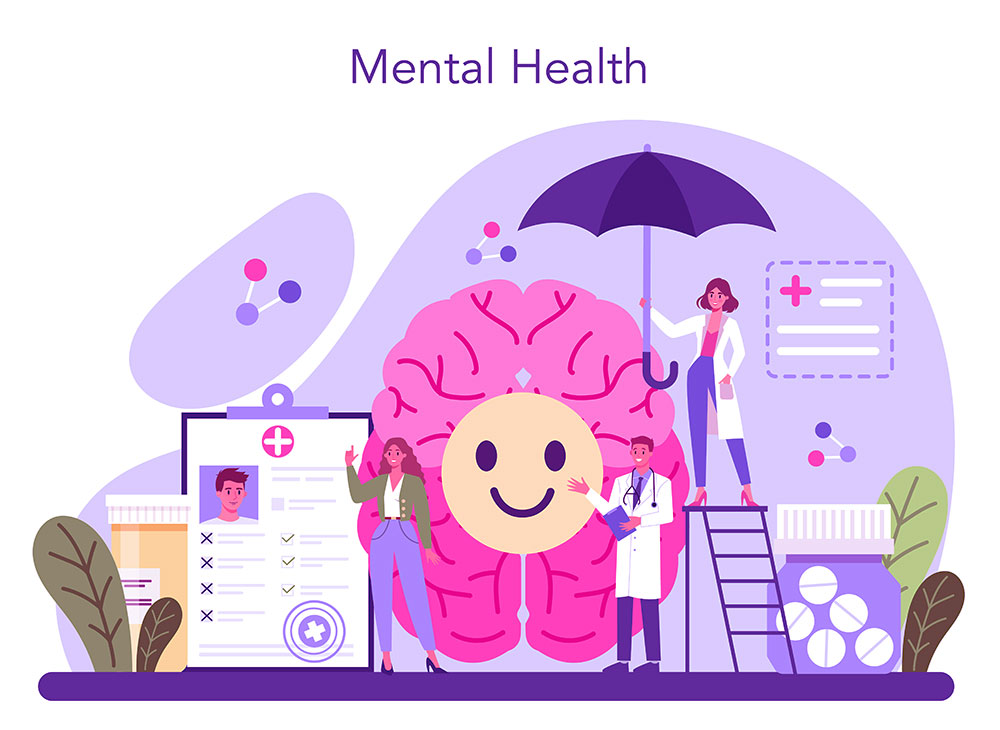In today’s corporate landscape, mental health assessment is increasingly recognized as a crucial component of employee well-being and organizational success. With the pressures of deadlines, targets, and competition, employees often face significant mental health challenges that can impact their performance and overall satisfaction. Therefore, implementing mental health assessment programs tailored to corporate environments is imperative.
These assessments serve as proactive measures to identify and address potential mental health issues among employees. By conducting regular screenings, employers can detect signs of stress, anxiety, depression, or other mental health concerns early on. This early intervention allows employers to provide the necessary support and resources to help employees manage their mental well-being effectively.
Moreover, prioritizing mental health assessment contributes to enhanced productivity within the organization. Employees who feel supported in managing their mental health are better equipped to cope with the demands of their roles, leading to improved performance and efficiency. Additionally, addressing mental health issues can reduce absenteeism and presenteeism, as employees are more likely to take time off when needed and perform at their best when present.
Furthermore, investing in mental health assessment programs demonstrates a commitment to creating a positive work environment. By fostering a culture that values and supports employee well-being, organizations can improve morale, engagement, and retention rates. Ultimately, prioritizing mental health assessment not only benefits individual employees but also contributes to the overall success and sustainability of the organization.





